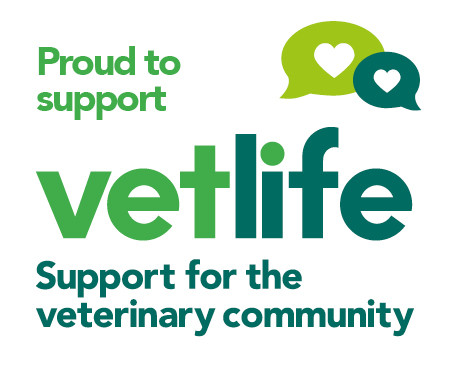APHA have now confirmed new changes to the testing of cattle under 180 days of age, in short interval and check tests. BCVA welcomes this practical, temporary amendment, which is in place to further protect vets and farmers when the youngstock cannot safely be tested with social distancing in place, in herds that are OTFS and OTFW.
The amendment to the regulation also exists to try and alleviate the potential risks and spread of infection of M. bovis within a herd and to wildlife populations by being able to carry out the testing of the animals older than 180 days of age as a complete test rather than delaying the whole test until everything can be tested. This flexibility enables vets to make appropriate decisions with regards to their own and their farmer’s safety, whilst still conducting TB surveillance within an infected herd and minimising the further spread, which would ultimately then take a herd longer to achieve a free status.
For full details, please see APHA briefing note 19/20
Also see the Tb hub for information and resources
Summary of key elements of the temporary amendments
A temporary dispensation is now in place to allow the next short interval test to be scheduled even if animal under 180 days have not been tested (if sufficient social distancing cannot be practiced). In reality, this means that for practical and safety reasons and for TB surveillance to continue in adult stock, youngstock do not have to be tested in breakdown herds if they can’t be done For COVID reasons. In normal circumstances, the next short interval test cannot be triggered until all the eligible cattle have been tested. But this can contribute to the spread of Tb within the herd and to wildlife, If the delay is not identifying infected adults quickly, and is due to not being able to test youngstock. This can then put pressure onto vets to test them Unsafely.
However, it should be made clear that this temporary amendment does not reduce the number of tests that youngstock must undergo in order to achieve a clear herd status in the long term. Herds with a TB incident can not reclaim OTF herd status until all eligible animals, including those under 180days, have completed the required number of TB skin tests with negative results.
Regional specifics
In Wales for OTF status to be restored and movement restrictions withdrawn any herds with OTF status withdrawn (OTFW) must still complete at least two Short Interval tests with negative results. OTFS herds in Wales are required to complete one.
In Wales all calves from birth should be tested when it is safe to do so in line with current Coronavirus public health (social distancing) guidelines. APHA expects that, if an OV decides that it is safe to skin test a group of eligible calves under 180 days old, then all the eligible calves in that management or housing group should be tested.
In England for OTF status to be restored and movement restrictions withdrawn herds in the High Risk Area (HRA) and Edge Area of England must still complete at least two Clear Short Interval tests. OTFS herds in the Low Risk Area of England one or more, Short Interval tests before OTF status can be restored. The number of tests and the interpretation usually depends on whether any typical lesions of TB are found and/or M bovis is identified in the test reactors or slaughterhouse cases that may have triggered testing.
In England all calves above 42days should be tested when it is safe to do so in line with current social distancing guidelines. APHA expects that, if an OV decides that it is safe to skin test a group of eligible calves under 180 days old, then all the eligible calves in that management or housing group should be tested.
Immediate Check tests are required in England and Wales for herds with OTF status suspended (OTFS) due to the detection of typical lesions of TB at routine slaughter. In both regions if M bovis is identified in the laboratory further short interval testing will be required. This short interval test will be scheduled even if animals under 180 days old were not included in the check test due to social distancing requirements.
In Wales restoration of OTF status following negative culture results will be dependant on the satisfactory outcome of a veterinary risk assessment if any animals under 180days have not been tested at the Check test.
Negative short interval tests
If there are no reactors or IRs at a short interval test but eligible bovine animals under 180days have not been tested due to social distancing requirements this test cannot be counted towards restoring OTF status. The keeper should be advised that this test is incomplete.
If the OV and keeper can discuss arrangements and adjustments to safely complete the test on the younger animals, then this should be done to allow the test to count as complete and count towards restoring OTF status. The youngstock will be submitted as a part test if this route is possible.
If it is unrealistic to test the animals under 180days whilst maintaining social distancing then the OV should enter a comment to that effect and submit the results in the usual way and enter the ‘Not tested’ reason ‘Advised by APHA not to test’ against the eligible animals under 180 days old which could not be tested whilst maintaining social distancing. If these are the only animals not tested, please submit the results in Sam as complete.
If animals have been excluded under 180days this test will be considered a check test rather than short interval.
Undetected infection spreading within a herd with a TB incident can potentially spread into neighbouring herds and local wildlife. Therefore it is important to continue surveillance testing the herd where possible even if this is only part of the adult herd, assuming those older cattle can be done safely under Covid-19 guidelines






